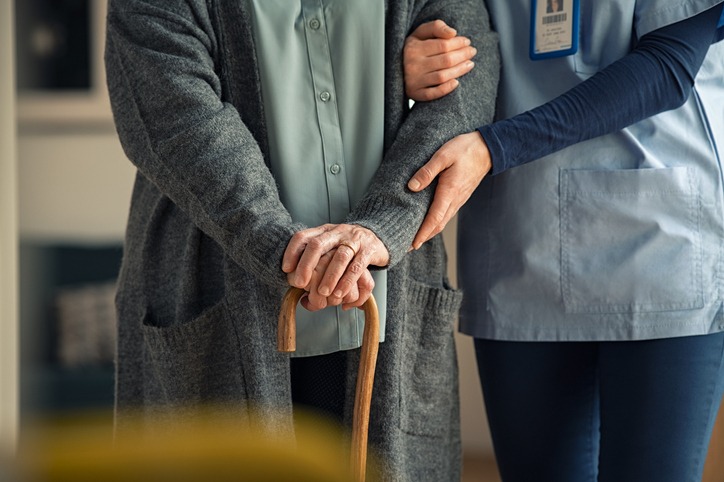
As reported by BBC News, rising costs, long waiting lists, and struggling services paint a grim picture as the CQC warns of growing health inequalities.
The annual report by the Care Quality Commission (CQC) is likely to be its last stocktake of the health and social care system before a general election.
The government says it is investing record sums to improve access to care.
The CQC, which inspects and regulates care providers, says local authority budgets have failed to keep pace with rising costs and the increase in the number of people needing care.
Some people who pay for their own care at home have had to cut back on visits to support their basic needs, such as help with washing, dressing and medication. And with NHS waiting lists at record levels, patients, like Dave Lockyer from Burley in Wharfedale, near Bradford, have had to use their savings or pensions to pay for their operations.
The 65-year-old paid around £15,500 to have his hip operation performed privately in June.
He says he did this out of desperation, because he couldn’t face waiting in pain for longer – he was told the NHS waiting list was around two years.
Dave had injured his hip almost a year earlier, helping a neighbour lift a sick relative who had fallen.
“The pain was 24 hours a day, seven days a week. It just got worse and worse, and the painkillers got stronger and stronger,” he said.
He says at that time the pain was so intense he spent most of his time in bed.
“I was a shell of myself. Along the way, my mental health got worse. I simply wouldn’t have lasted two years.”
Recent research by YouGov of more than 8,000 adults suggests one in eight Britons have used private care in the past 12 months. And eight in 10 of those say they would previously have used the NHS.
The CQC report also says that in a survey of 63,000 hospital inpatients, 41% said they felt their health deteriorated whilst they were waiting for treatment.
The report warns of a “notable decline” in maternity, mental health and ambulance services:
- Almost 50% of maternity services are inadequate or need improvement
- Black and Asian women and babies continue to experience higher risks around birth, with infant mortality rates for both still higher than any other group
- Ambulance services are performing worse too, with a rise in the number ranked inadequate for safety
- In mental health, a lack of community care and inpatient beds means some people in crisis are having to go to A&E
For the second year, the CQC describes the social care system, that supports people in their own homes or in care homes, as “gridlocked”.
The government says it is investing record amounts into health and social care services to improve access to care and cut waiting lists.
“This includes up to £8.1 billion to put the adult social care system on a stronger footing,” a spokesperson said.
The CQC report points to ongoing difficulties recruiting staff. It also says council budgets have failed to keep pace with rising costs and the number of people needing support. It warns that people, particularly in less wealthy areas where more rely on local authority social care, may not be able to get the support they need.
The CQC’s chief executive, Ian Trenholm, says the annual report shows health inequalities are being exacerbated by the current pressures on health and care.
“The combination of the cost-of-living crisis and workforce challenges are leading to an increased risk of unfair care,” he says.



Be the first to comment